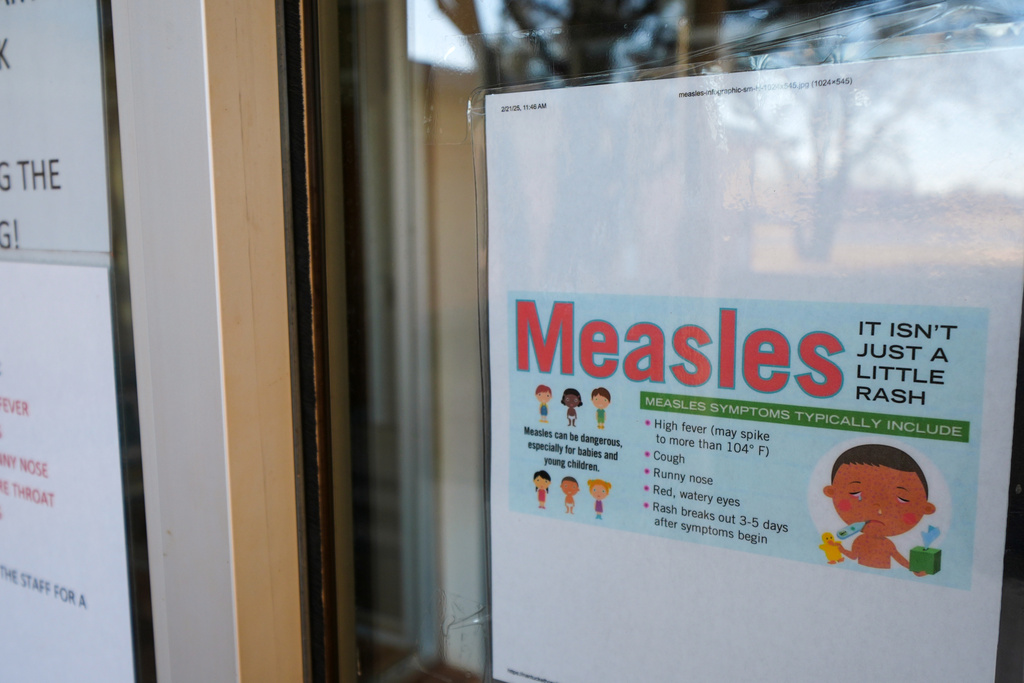New FDA testing found bird flu in grocery store milk, meaning the outbreak in dairy cows is more widespread than previously believed.
One in five milk samples nationwide have tested positive for genetic traces of H5N1, a highly pathogenic avian influenza, or bird flu, according to initial analysis by the FDA.
The CDC says "highly pathogenic" means the virus can cause severe disease and high mortality in infected poultry. Scientists tested nearly 300 retail dairy products across 38 states. But experts say we shouldn’t be alarmed.
The tests don’t necessarily indicate that the milk could cause an infection, according to Nam Tran, professor and senior director of Clinical Pathology at UC Davis Health.
The initial tests run were very sensitive PCR (polymerase chain reaction) tests. From there, researchers conducted more tests, called egg inoculation tests.
“You’re taking the sample from the positive animal — the milk, in this case, to see if it actually grows with the egg inoculation test itself. If it replicates then, yes, that’s going to be a virus that is active — it can replicate and cause disease. In this case, it didn't,” said Tran.
Most of the positive tests were in milk in areas with infected herds. Bird flu in cows has spread to nine states after first appearing in Texas in late March. How the virus spread from birds to cattle is still under investigation.
The FDA says commercial milk is still safe because of the pasteurization process. Meanwhile, scientists have genetically sequenced the virus. This helps in further research, including treatments, and specific consumer and medical tests that would be very important in an instance of rapid disease spread.
"Most of the flu tests that we have today detect all the common forms of flu, and it can detect H5N1, but it will not make a specific call out for H5N1. It'll just say that you have influenza A, it might be H1N1, you might be H3. And if it's H5N1 ... That triggers us and the medical world to say, we might have to send it off to local public health lab, state public health labs, or CDC to confirm with their tests," Tran explained. "Sequencing also helps us identify that, okay, this is a version of the virus that we saw, a few years ago. This is a different one. It also helps for tracking the epidemiology of this spread, at least right now amongst cows."

U.S. News
Multiple agencies issue alerts on 'highly pathogenic avian flu' after detection in milk
Scientists are also keeping an eye out for mutations of the virus.
“There may be a situation where the mutations happen just right. It might make that transition to humans more likely. And that's what we worry about. What we know right now with this strain of H5N1, it’s still having a tough time making its way into people," said Tran.
Human cases of bird flu in are rare. There have been nearly 900 cases of bird flu in humans globally over the past 21 years, according to the World Health Organization. In the U.S. the CDC has documented two human cases of H5N1 bird flu, one this year and the other in 2022. Both people worked with sick livestock.
"In the United States, we're taking the same steps where we're identifying these outbreaks. We're trying to understand what it is, the potential for transmission ... And we're taking the same process right where these people have been identified, they've been isolated. The animals have been identified, they've been isolated. And we limit the spread and then continue to monitor," Tran said, "With viruses in particular, if it can't spread and can't replicate. There won't be a growth of the outbreak."
The CDC says there is “no evidence of sustained human-to-human H5N1 virus transmission” and unless you are in contact with sick cattle or birds, your risk is low.












